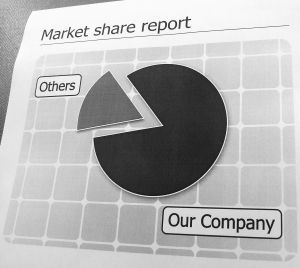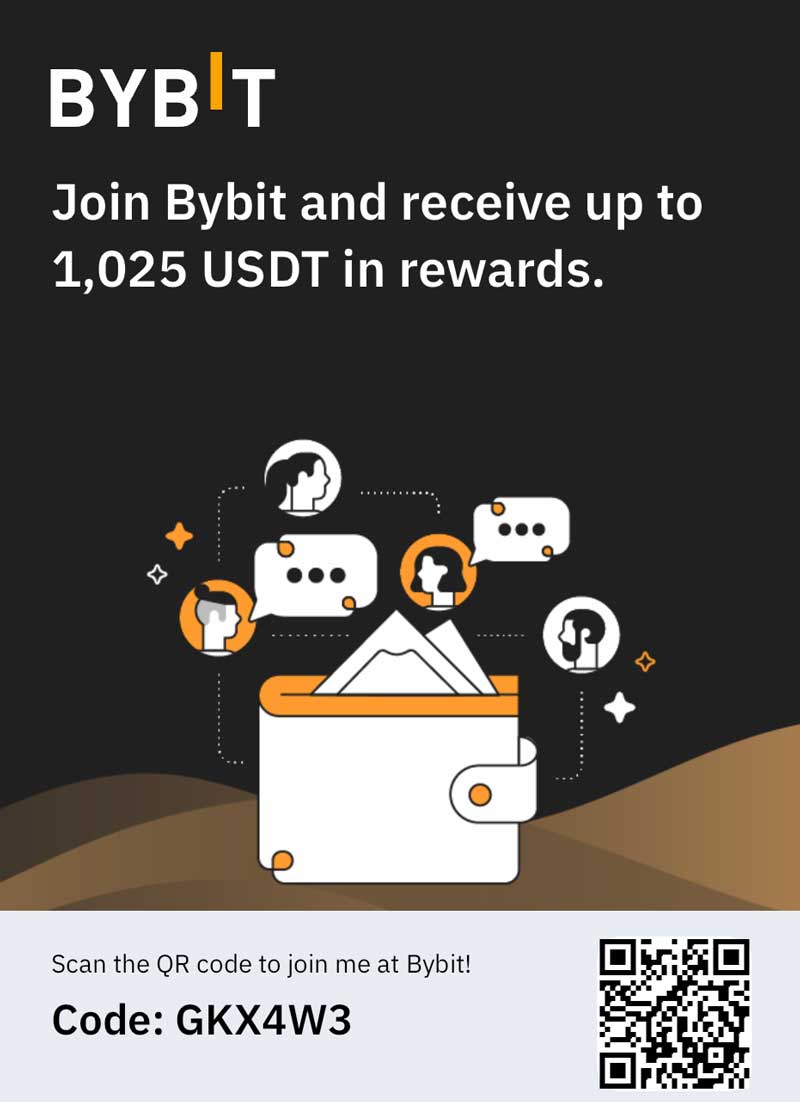From Calculating Sums to Calculating Customers
Marketing deals with people and computer software deals with numbers. How can the two correlate? Well, Information Technology has increased its presence in every field, and marketing is no exception.
ERP software began as a tool for managing finance and human resources and gradually expanded into other areas. Its early involvement in marketing was in the management of marketing campaigns and recording statistics that would aid in decision making (gigaom.com).
But there was no way computer software could provide companies with any true insight into their customer base. It specialized in dealing with data, and there was simply not enough data for software to form a clear picture of consumer trends.
That changed with the internet, which provides all the data a computer could possibly need. It is omnipotent, and through the internet there is a multitude of ways for a marketing division to gain insight into its customers.
- A website provides customer data with every click the user makes, whether it’s looking at an image, finding out a price or typing in a search term.
- Mobile phones provide customers with constant access to online services, and provide marketing agents with a constant stream of customer statistics.
- Social networks provide a wealth of customer data.
ERP software has the power to utilize such abundant analytics for the purpose of Customer Relations Management. According to Gartner group, by 2017 the Chief Marketing Officer of a company will be spending more on Information Technology then the Chief Information Officer (blogs.msdn.com).
Microsoft Dynamics CRM as a Marketing Tool
 ERP software blog listed “predicting the future” amongst its 27 “wildly creative ways” to use Microsoft Dynamics CRM, giving the example of a National League Baseball team that was using the enterprise software to track the buying trends of fans attending the stadium.
ERP software blog listed “predicting the future” amongst its 27 “wildly creative ways” to use Microsoft Dynamics CRM, giving the example of a National League Baseball team that was using the enterprise software to track the buying trends of fans attending the stadium.
With the collected data providing a strong idea of fans’ interests, team management is able to utilize that data not only in prioritizing services but in pinpointing what enticing incentives could be included in ticket promotions (crmug.com).
Here’re a few ways Microsoft Dynamics CRM specializes in catering to the needs of marketing divisions.
- Marketing Automation: The recent acquisition of MarketingPilot shows the intention to excel in this area. The platform includes IMM (Integrated Marketing Management) software, which helps to calculate the ROI (Return on Investment) for a marketing campaign, as well as the AAM (Advertising Agency Management) software geared towards supporting both marketing automation and agency management.
- User Interface Design: Marketing agents generally consider themselves more on the creative then technical side, but the Dynamics CRM User Interface is designed for simplicity and ease-of-use. Its integration with office applications like Outlook means users can operate through a familiar interface. It’s also highly customizable, and the user can easily navigate data without having to flick through multiple record screens.
- Cloud Computing: Dynamics CRM makes use of the flexibility provided by cloud computing services with its focus on cloud functionality.
- Mobile Device Integration: Dynamics CRM synchronizes with iOS, Android and Blackberry devices
The web provides marketing agents with a wealth of information on consumers, and enterprise software such as Microsoft Dynamics CRM provides them with a tool to harness that information. Thanks to that, enterprise software once designed to manage financial and human resources can now aid in managing customers, the most valuable resource of all.


